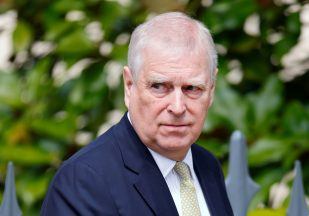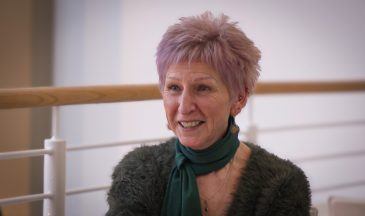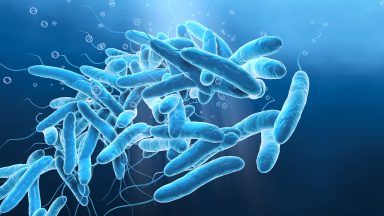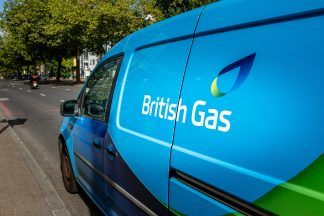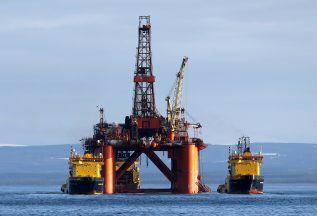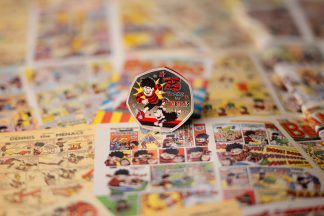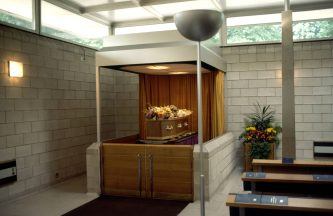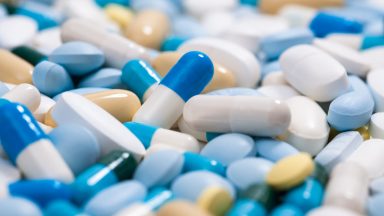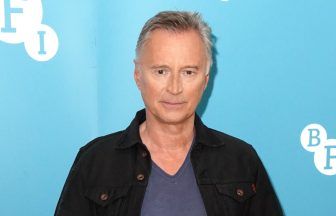A coronavirus vaccine being manufactured in West Lothian has produced a “strong immune response”, according to UK health secretary Matt Hancock.
Data from an early-stage phase one/two study involving 153 people showed promising results for the Valneva Covid-19 jab, paving the way for phase three clinical trial.
The vaccine was safe and generally well tolerated, with no safety concerns identified by an independent data safety monitoring board.
The company said the results showed the vaccine was “highly immunogenic with more than 90% of all study participants developing significant levels of antibodies” to the Covid virus spike protein.
The vaccine, which will be manufactured in Livingston, also induced T-cell responses, which help the body fend off a virus and play a role in long-lasting immunity.
Prime Minister Boris Johnson, who visited the Valneva factory earlier this year, said the findings were “very promising news” and the jab would be a “crucial weapon” against the disease providing it gained approval by regulators.
And Hancock said: “The UK Government has funded these clinical trials and it is fantastic to see Valneva’s vaccine produces a strong immune response.
“This vaccine will be made onshore in Livingston in Scotland, giving another boost to British life science, and if approved will play an important role in protecting our communities.
“I look forward to seeing the results of the upcoming phase three trial.”
The UK Government has ordered an extra 40 million doses of the Valneva vaccine.
The move means 100 million doses of Valneva have now been put on order, enough for every adult in the UK, with the latest batch earmarked for delivery in 2022.
The UK Government has also retained options over a further 90 million doses for supply between 2023 and 2025.
David Lawrence, chief financial officer at Valneva, said the results were a great milestone for the company.
He said: “This is our first clinical data that we have reported. We have been looking forward to it and there has been a very high level of anticipation obviously but we are very pleased with the results.
“What’s really important now is that we get into phase three, and that phase three work is what will enable us to get a license and then we can start using the vaccine to help people.”
Vaccines minister Nadhim Zahawi said the results “provide renewed hope that a vaccine using a whole inactivated virus might provide strong protection against variants”.
He said: “If the results from the phase three clinical trials are positive and the vaccine meets the robust standards of safety, quality and effectiveness of our medicines regulator, the MHRA (Medicines and Healthcare products Regulatory Agency), this will be another powerful weapon in our arsenal to beat this pandemic.”
Clive Dix, chairman of the Vaccines Taskforce, said: “These are great results from Valneva, particularly around the antibody and cellular responses generated and low numbers of adverse events, as these indicate good levels of immune responses among the participants to date.
“The findings of 100% levels of immunogenicity against the viral spike protein in the high-dose group is also encouraging.
“Inactivated virus vaccines are proven technologies that are often able to induce wide-ranging immune responses, and these promising data indicate that (Valneva) may continue this trend.”
Follow STV News on WhatsApp
Scan the QR code on your mobile device for all the latest news from around the country




